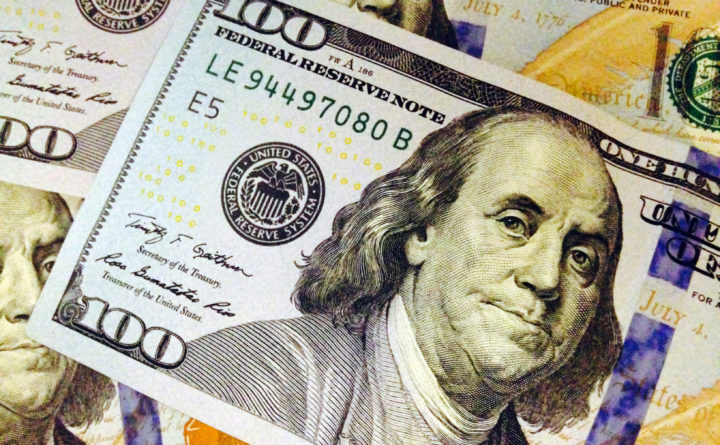Critics of Rep. Alexandria Ocasio-Cortez, D-New York, have lined up to paint her proposed 70 percent tax rate on income above $10 million as extreme, unrealistic and not in line with what voters want.
But a new Fox News poll finds that raising income taxes on earnings above $10 million is a policy that enjoys broad bipartisan support among 85 percent of Democrats, 54 percent of Republicans, and 70 percent of registered voters overall. Hiking taxes on incomes over one million was almost as popular overall, with 65 percent support.
Asked, in broad terms, to choose between cutting taxes or raising spending, a majority of Americans opted for the latter, with only 40 percent preferring tax cuts.
Numbers like these underscore the growing disconnect between what voters want and what most elected officials are willing to consider. Research in the past own that politicians in Washington, D.C., and at the nation’s state houses believe that the public is much more conservative on economic policy issues than they actually area. Many political scientists believe that this is due, in part, to lawmakers’ cozy relationships with big businesses and their deep-pocketed lobbyists, who tend to prefer more conservative economic policies.
The Tax Cuts and Jobs Act of 2017 provides a prime example of how this disconnect affects real-world policymaking. Republicans in Congress passed a package of changes to the tax code whose benefits largely accrued to businesses and the wealthy. The bill was supported by a large coalition of conservative groups, including Americans for Tax Reform, the American Legislative Exchange Council, the U.S. Chamber of Commerce and Americans for Prosperity.
Among the general public, however, there was widespread skepticism and disapproval of the plan. A December 2017 Quinnipiac poll found that 55 percent of voters opposed the plan, with just 26 percent approving of it. Less than one quarter said the plan would help their own families, 55 percent said it was unfair to people like them, and 54 percent said it favored big-money campaign donors over average Americans.
Nevertheless, Republicans succeeded in passing the bill without a single Democratic vote. The plan continued to lose popularity in the months following its passage and likely contributed to Republicans’ stunning defeat in the 2018 U.S. House elections.
As a result, progressive Democrats have been emboldened to advocate for tax policies that impose a greater burden on the wealthy, particularly the ultrarich. A majority of voters recently told pollsters they support the specifics of Ocasio-Cortez’s earnings above $10 million, and progressive polling firm Data for Progress found a solid majority in favor of the recently-announced wealth tax proposal of Sen. Elizabeth Warren, D-Massachusetts. On Thursday, Sen. Bernie Sanders, I-Vermont, announced a proposal to bring estate taxes back to historic levels.
Republican lawmakers, meanwhile, continue to head in the opposite direction. GOP leaders in the Senate recently introduced a bill that would repeal the estate tax entirely, while late last year President Donald Trump briefly floated an additional middle-class tax cut before evidently abandoning the idea.
Public opinion often acts as a thermostat, swinging first one way and then another in response to the prevailing political currents. The recent polling suggests that’s exactly what’s happening right now on taxes: Americans’ growing comfort with raising taxes on the wealthy may in part be a backlash to Republicans’ success in passing the Tax Cuts and Jobs Act. That presents an opportunity for Democratic lawmakers who are able to capitalize on that sentiment, and a challenge for Republicans hoping to cut taxes even more deeply.

Leave a Reply